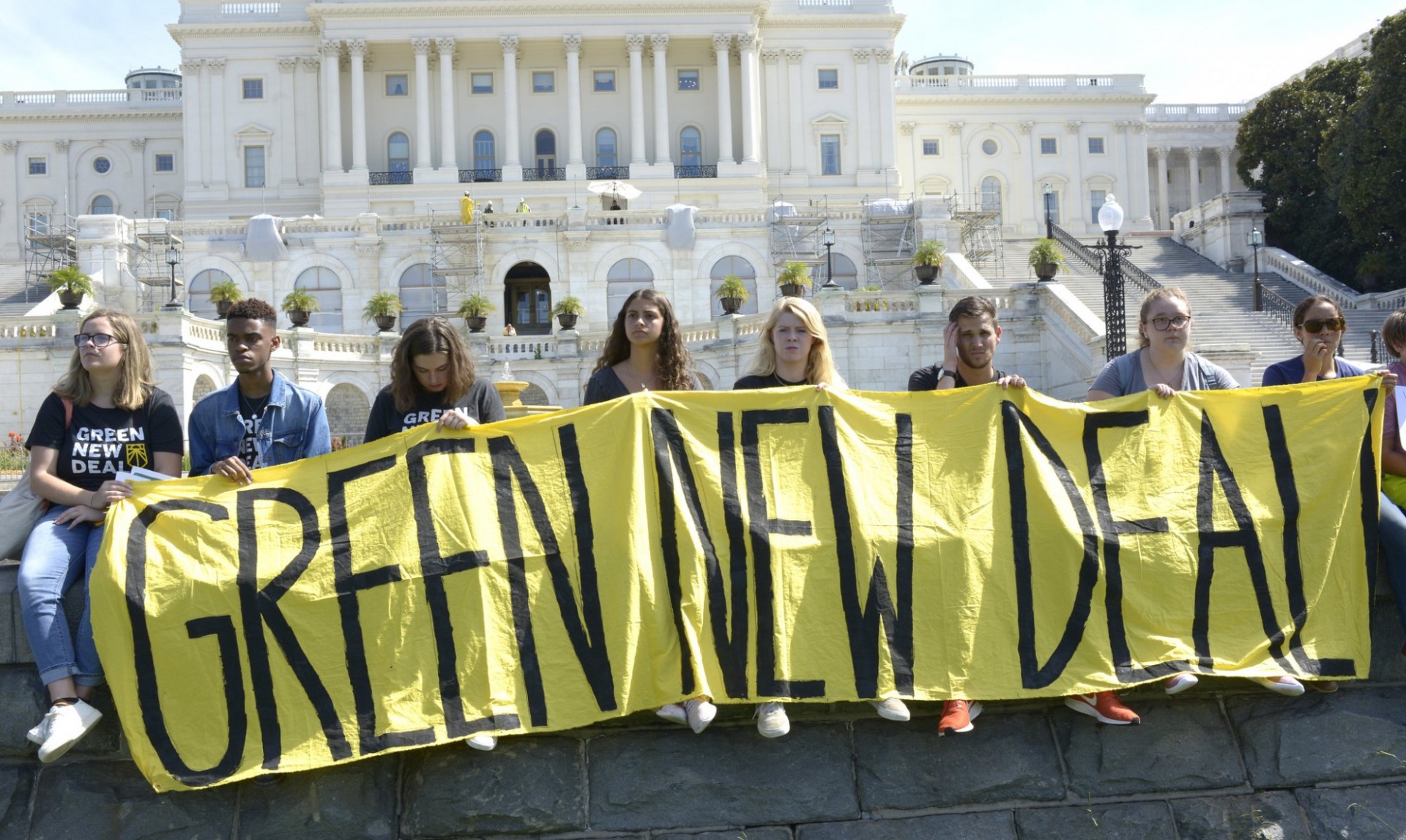Welcoming Migrants Is the Moral Responsibility of the U.S.
Considering our growing population and climate change, smart growth nationwide is essential to provide adequate housing.

C+S 2021 students are blogging about topics that interest them for Applications in Climate and Society, a core spring class.
When I say “Lancaster,” you say “Amish!” When I decided to attend Franklin and Marshall College, a small school in Lancaster, Pennsylvania, that is all my high school friends could say they knew about the area, if they even knew anything at all. But there’s another thing that defines Lancaster: The city is actually known as the refugee capital of the U.S.
It wasn’t until my sophomore year of college when I learned this intriguing fact, as my professor pitched his preliminary plans for environmental migration research. I didn’t know much about this subject, but I was yearning for any opportunity to expand my understanding of climate change as a human rights issue and eagerly expressed my interest in working on the project.
My professor established the Environmental Migration Lab, which quickly became a place where I learned about the tangled web of extreme weather events, heatwaves, drought, and water scarcity, all packed into unique stories of challenge, family, and culture. In examining environmental migration, our work for the lab delved into how local and global environmental change factored into people’s difficult decisions to leave home. Through conducting a multitude of interviews, we learned that in Lancaster, there is a lack of affordable housing to support the large migrant population coming in search of a new home.
Considering our growing population and climate change, smart growth nationwide is essential to provide adequate housing. Climate extremes are already displacing an estimated 41 people each minute, and this number will only continue to grow in our rapidly warming world. Poor people are hit by climate change harder and face the prospect of losing it all. The U.S. is the top cumulative emitter of greenhouse gas emissions and thus bears greater moral responsibility for the impacts of global warming. That means it has an obligation to plan and prepare to be a receiving nation that properly welcomes those who climate change displaces (or has already displaced).
Sustainable development initiatives could help better prepare our nation to welcome an increased number of migrants into a more equitable society, with adequate housing available at a lower cost. The Green New Deal could be a golden solution and provides a framework for how to solve this problem. The Green New Deal is unique, for it not only focuses on decarbonizing the economy but also centers justice and equity.
The framework addresses much more than just climate change, it will ensure that we build back better and smarter after covid-19, ready to welcome an increasingly diverse population who can foster economic innovation and growth. Engaging in smart growth opportunities not only in Lancaster but nationwide, as detailed in the Green New Deal, could ensure that migrants are provided with the right to a climate-safe and affordable home, where they can prosper as they build a new life. The Green New Deal is a moral call to address climate change and inequality, and we need to apply that lens to foreign policy, particularly in regards to refugees. Thanks to the Environmental Migration Lab, when I now reflect on my time in Lancaster, I not only think of the Amish but also of the migrants who cared to share their life stories with a curious college student.
